This year ALMS is hosting a webinar series with the support of Alberta Environment and Parks in lieu of our annual in-person conference!
This series will showcase presentations every Friday morning in September. We encourage you to register for the presentations to receive timely updates and post-webinar follow-ups.
Registration can be achieved through EventBrite.
Anyone can access the webinar on the day of the presentation with the following Zoom link.
- Click here to join each webinar: Zoom Link
- If you require a password, please try ALMS2020
Check out our webinar series agenda below. Webinar recordings will be posted below as they become available:
Friday, September 4:
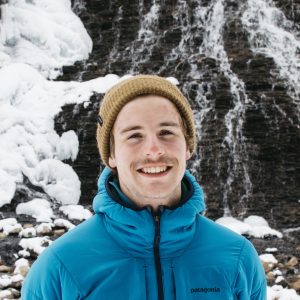
Presentation: Monitoring Alberta’s Lakes: citizen science, satellites, and more.
When: 10:00 MDT, Friday September 4
Who: Caleb Sinn. Alberta Lake Management Society.
Bio: Caleb’s passion for freshwater ecology developed after spending many summers throughout his childhood at Gull Lake, exploring Alberta’s mountain national parks, and fishing in southern British Columbia. He graduated from the University of Alberta in 2019 with a B.Sc. double-major in Biology and Chemistry, and focused his studies specifically on community and freshwater ecology, environmental chemistry, and analytical chemistry. He also spent two years working on freshwater ecology projects ranging from mountain lake sampling to cyanobacteria monitoring and algal pigment analysis at the University of Alberta. Caleb will be presenting on ALMS’ 2020 season and plans for the future.

Presentation: Alberta Aquatic Invasive Species Update 2020.
When: 11:00 MDT, Friday September 4
Who: Nicole Kimmel. Alberta Lake Management Society.
Bio: Nicole Kimmel Received a B.Sc. of Environmental Conservation Sciences from the University of Alberta in 2000 with a Specialization in Wildlife and Rangeland Sciences. She began working with Alberta Agriculture upon graduation, as a research assistant. Her work involved addressing weed management issues in forages and non-traditional crops. After 10 years in agricultural research, her role evolved to Weed Specialist, for an additional 7 years of employment. In 2018, she moved to Environment & Parks as the Aquatic Invasive Species (AIS) Specialist. There she coordinates the five elements of the AIS program, Policy & Legislation, Education & Outreach, Monitoring, Watercraft Inspections/Decontamination and Response. Nicole is approaching 20 years of service with the Government of Alberta.
Recorded Webinar September 4 2020:
Friday, September 11
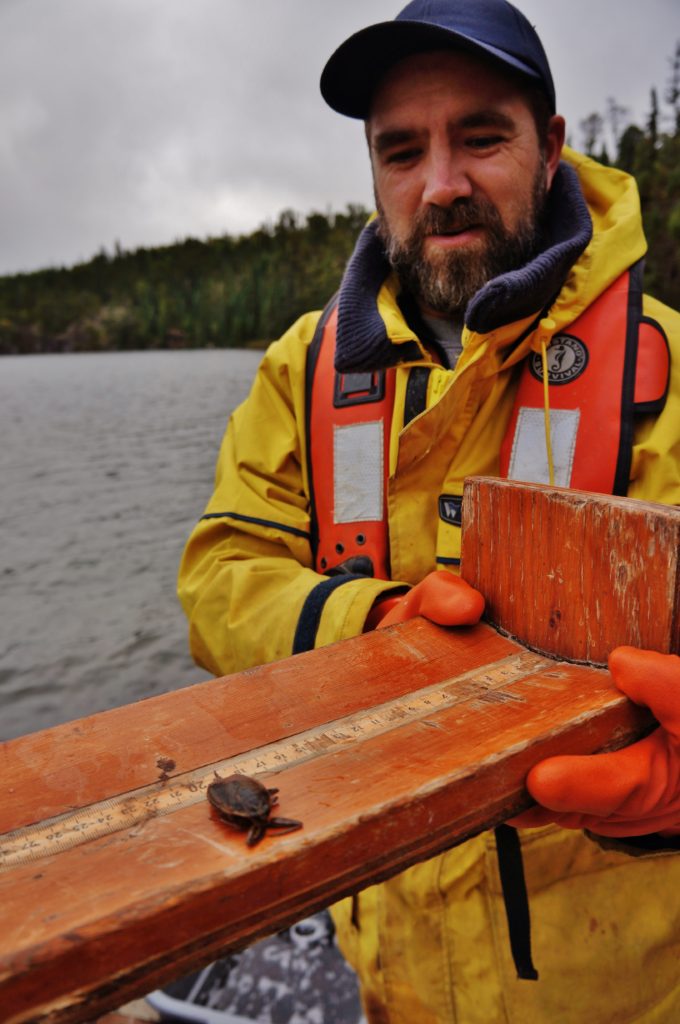
Presentation: Microplastics in freshwaters- how big is the problem?
When: 10:00 MDT, Friday September 11
Who: Dr. Michael Rennie. Lakehead University.
Bio: Dr. Michael Rennie is an Associate Professor and Tier II Canada Research Chair in Freshwater Ecology and Fisheries at Lakehead University. As lead researcher of the CEE Lab, Dr. Rennie oversees his team’s use of whole-lake experiments, lab studies and archival data sets to investigate how lakes and fish populations respond to ecosystem changes such as climate warming, invasive species and contaminants. He is also the acting director of Lakehead’s Aquatic Toxicology Research Centre.

Presentation: Agriculture and the re-eutrophication of Lake Erie.
When: 11:00 MDT, Friday September 11
Who: Dr. Laura Johnson. Heidelberg University.
Bio: Laura Johnson is director of the National Center for Water Quality Research at Heidelberg University in Tiffin, Ohio, which is best known for their long-term tributary monitoring program, contributions to the understanding of watershed sediment and nutrient export, and participation in the seasonal harmful algal bloom forecast for western Lake Erie. Laura received her Ph.D. from the University of Notre Dame in 2008 and was a postdoctoral research associate at Indiana University in Bloomington prior to joining Heidelberg University in 2013.
Recorded Webinar September 18 2020:
Friday, September 18

Presentation: What Common Loon chick numbers tell us about lake health
When: 10:00 MDT, Friday September 18
Who: Dr. Kristin Bianchini. Bird Studies Canada.
Bio: Kristin Bianchini’s hometown is St. Albert, Alberta. She attended the University of Alberta in Edmonton for her undergraduate degree, where she received Bachelor of Science in 2009. Kristin moved to Ontario for her Master’s degree, where she studied early rainbow trout development at the University of Guelph. She completed her Master’s in 2012. Kristin’s interest in birds was sparked during her PhD at the University of Saskatchewan, where she studied the migration and biology of shorebirds in the Saskatchewan, Texas, and Louisiana. Since defending her PhD in 2018, Kristin has moved back to Ontario, where she is currently working as a Postdoctoral Researcher with Birds Canada and Acadia University. Her postdoctoral research is using citizen science-collected data to identify why loons are producing fewer chicks over time in Ontario, and her research is also studying how lakes and loons are recovering from a legacy of acid rain pollution near Sudbury.

Presentation: Invasive Eurasian milfoil: Costs and controls in the sunny Okanagan
When: 11:00 MDT, Friday September 18
Who: James Littley. Okanagan Basin Water Board.
Bio:James Littley is the Operations and Grants Manager for the Okanagan Basin Water Board in Kelowna BC. Part of his job is to coordinate the Eurasian watermilfoil control program for five major lakes throughout the Okanagan. Prior to joining the OBWB in 2012, James gained extensive management experience through more than 14 years in the Canadian Forces Reserves. He earned a B.A. with a double-major in Political Science and Human Geography in 2012, and a Master of Arts focussed on Local Government Sustainability Planning from UBC Okanagan in 2018. James also currently serves as a board director for Environment Funders Canada. He was recently recognized as one of 2020’s “Top 40 under 40 difference-makers, leaders and entrepreneurs making an impact on the Central Okanagan” by the Kelowna Chamber of Commerce. James is also the recipient of the Canadian Forces Decoration, awarded to members of the Canadian Forces who have completed 12 years of military service with a record of good conduct. James enjoys being outdoors, kayaking and travelling with his wife and two sons.
Friday, September 25:

Presentation: Winter phytoplankton: dormant no more
When: 10:00 MDT, Friday September 25
Who: Dr. Rebecca North. University of Missouri.
Bio: Rebecca is an emerging researcher in aquatic ecology and biogeochemistry, with expertise on nutrient and algal dynamics in water bodies. She has just left the great white North and has recently joined the School of Natural Resources at the University of Missouri as an Assistant Professor of Water Quality. Her PhD in limnology was obtained at the University of Waterloo in Ontario, Canada where she worked on eutrophication issues in the African and North American Great Lakes. Her postdoctoral fellowship at Trent University, Ontario, Canada facilitated the expansion of her work to include the watershed, where she examined non-point sources of nutrient loading to a large lake. Her most recent work as a Research Associate with the Global Institute for Water Security at the University of Saskatchewan, Saskatchewan, Canada has been focused on light-nutrient interactions in a large reservoir and the importance of winter processes.
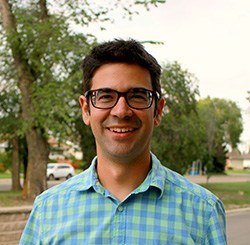
Presentation: Groundwater: a hidden part of the lake ecosystem
When: 11:00 MDT, Friday September 25
Who: Dr. Brian Smerdon. Alberta Geological Survey.
Bio: Dr. Brian Smerdon is a senior hydrogeologist with the Alberta Geological Survey and an adjunct professor with the Department of Earth and Atmospheric Sciences at the University of Alberta. His research interests focus on conceptualizing groundwater and its interaction with surface water. Throughout his career, he has been fortunate to study Boreal wetlands and mountainous catchments in Canada, and tropical rivers and the outback in Australia.


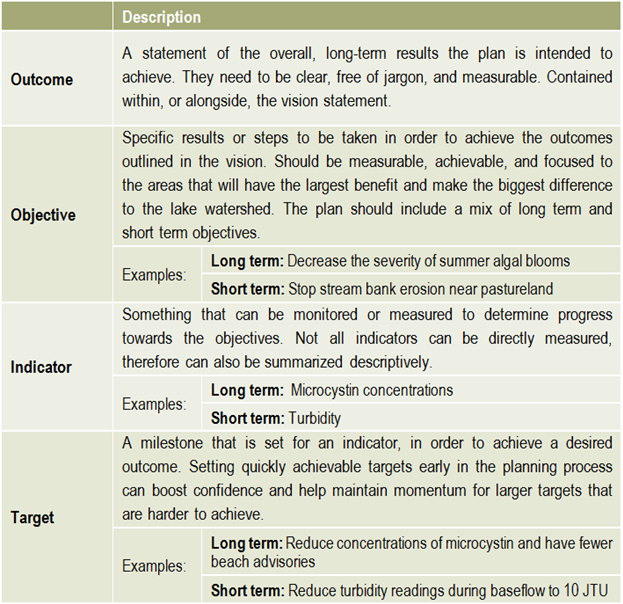
 The members of the steering committee will continue to play a strong role in facilitating and tracking implementation actions. This includes any actions they were responsible for, as well as tracking other committees and sector’s actions and progress made towards achieving the plan’s outcomes. Ongoing communication is essential to successful implementation and achieving outcomes, therefore a regular reporting mechanism could be set up in order to provide regular evaluation of the plan.
The members of the steering committee will continue to play a strong role in facilitating and tracking implementation actions. This includes any actions they were responsible for, as well as tracking other committees and sector’s actions and progress made towards achieving the plan’s outcomes. Ongoing communication is essential to successful implementation and achieving outcomes, therefore a regular reporting mechanism could be set up in order to provide regular evaluation of the plan.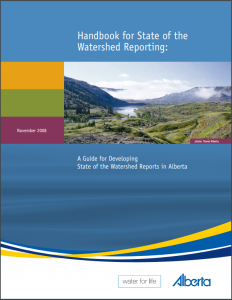
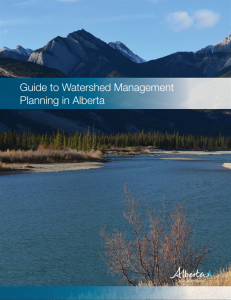
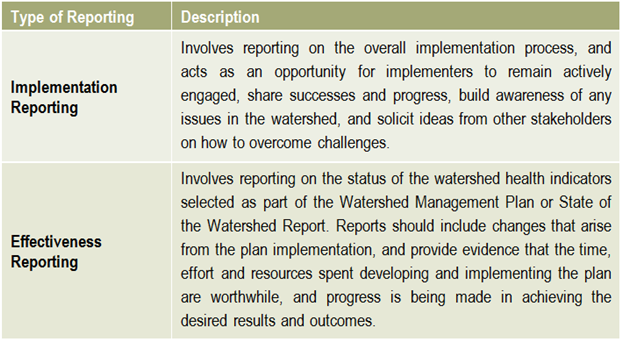 Reporting is an essential component of any watershed management planning and implementation process. There are two main types of reporting that should be shared with stakeholders on a regular basis: implementation reporting & effectiveness reporting.
Reporting is an essential component of any watershed management planning and implementation process. There are two main types of reporting that should be shared with stakeholders on a regular basis: implementation reporting & effectiveness reporting.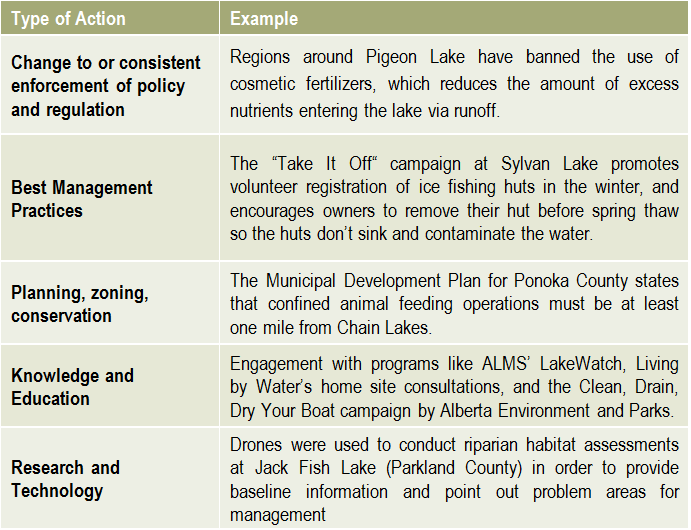 There is no limit to the number or types of lake management actions, but they typically fall into the categories on the right.
There is no limit to the number or types of lake management actions, but they typically fall into the categories on the right.
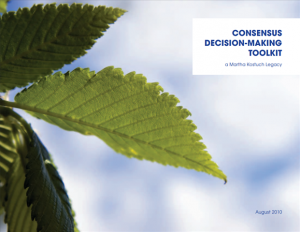
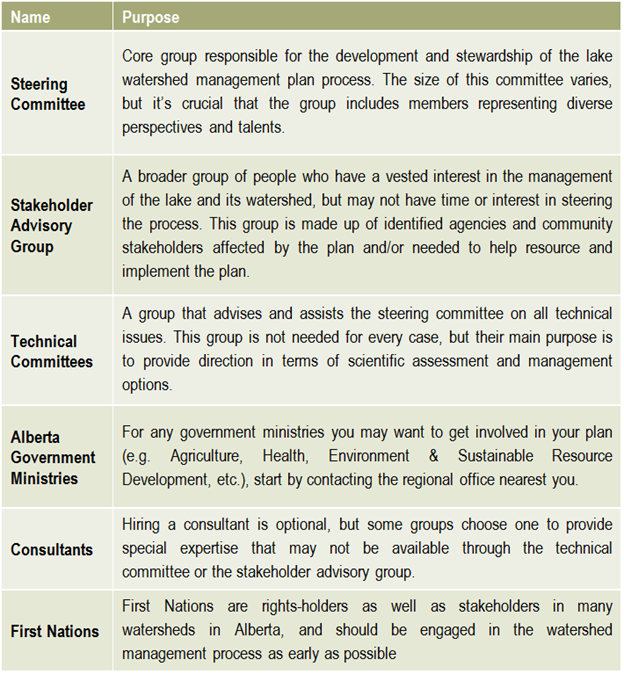 Helpful resources
Helpful resources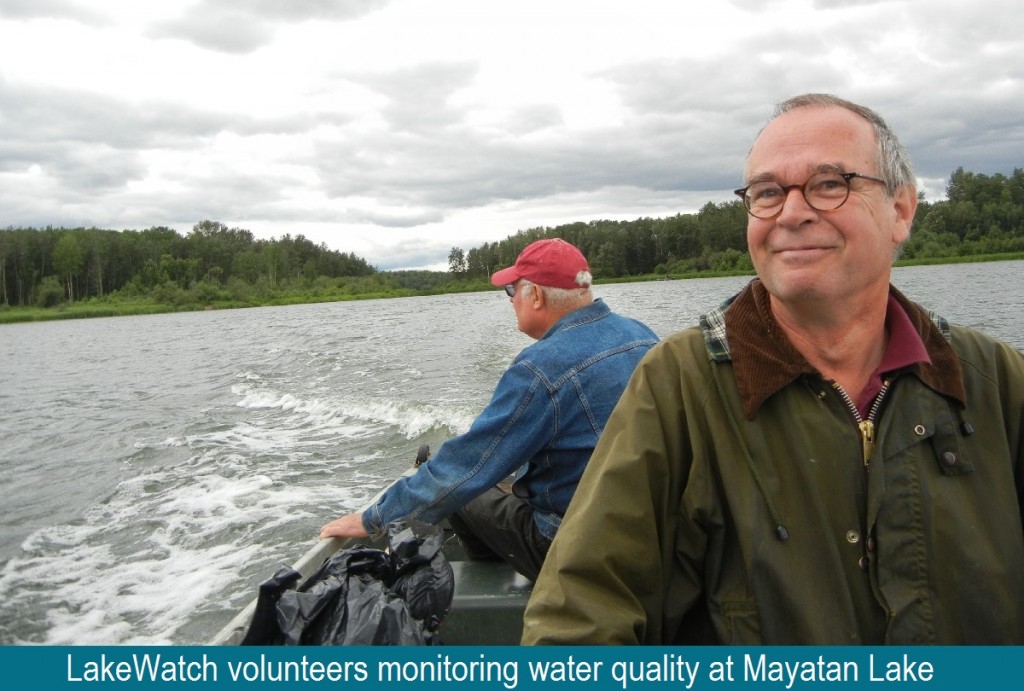 The development of a lake watershed management plan provides the guidance needed to implement activities, but the plan cannot be static. Monitoring the performance of your management actions is essential to understanding whether your goals have been met, and whether further actions are needed. Monitoring and evaluating the implementation and effectiveness of a lake watershed management plan allows assessment of progress towards the goals and objectives of the plan, identification of problems and opportunities, and a collection of critical information required when performing a 5 or 10 year review of the plan.
The development of a lake watershed management plan provides the guidance needed to implement activities, but the plan cannot be static. Monitoring the performance of your management actions is essential to understanding whether your goals have been met, and whether further actions are needed. Monitoring and evaluating the implementation and effectiveness of a lake watershed management plan allows assessment of progress towards the goals and objectives of the plan, identification of problems and opportunities, and a collection of critical information required when performing a 5 or 10 year review of the plan.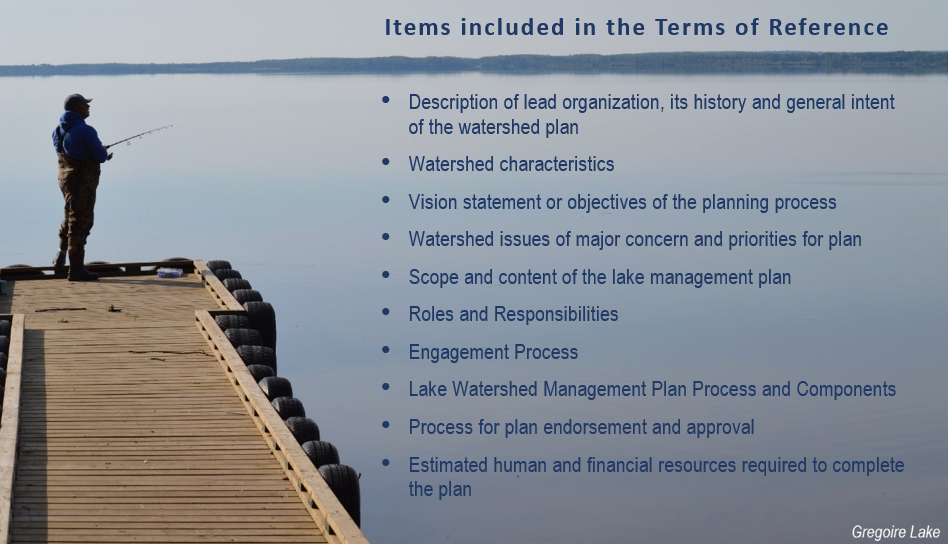
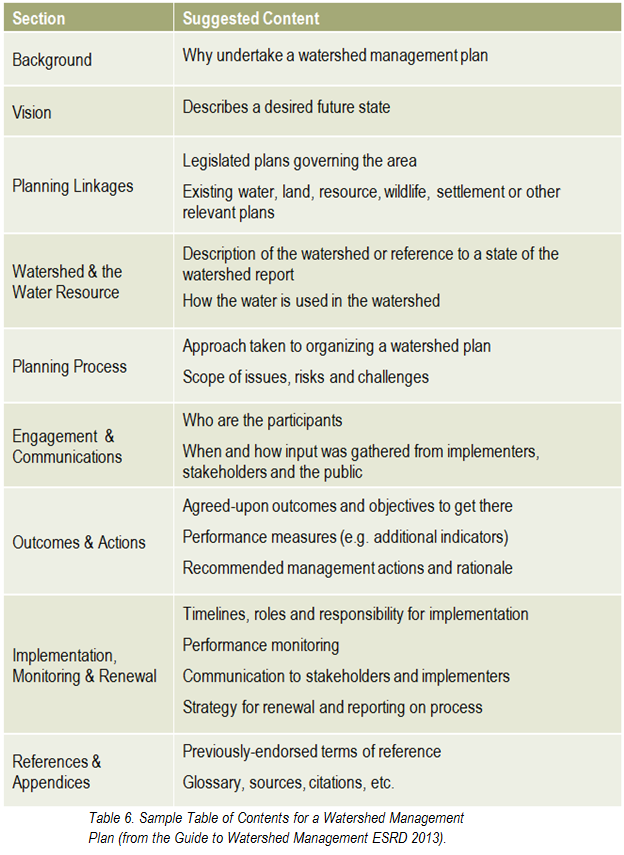
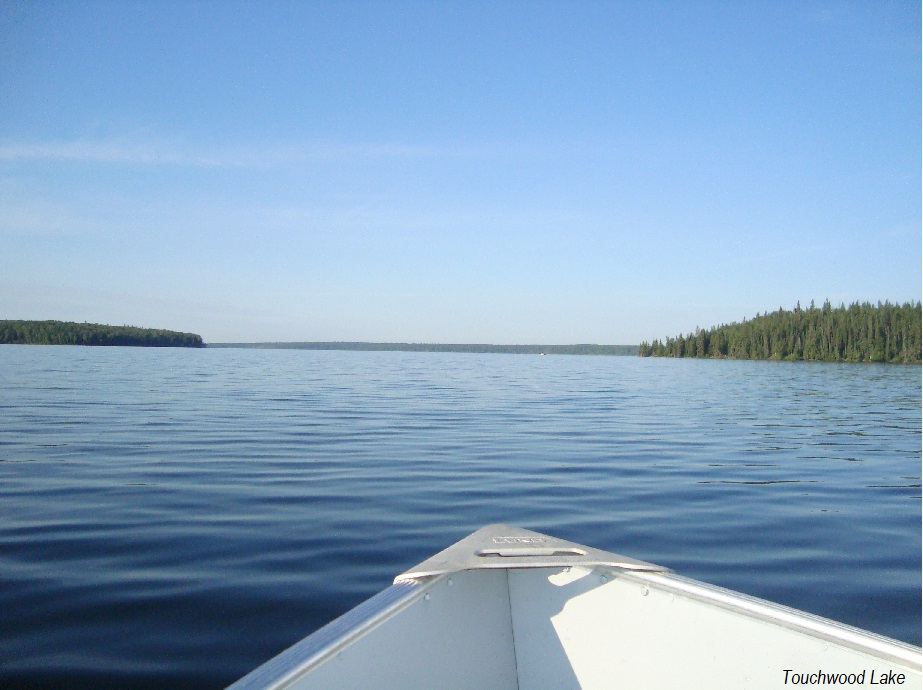 What has the monitoring results of the plan and of the indicators shown? Is there a need to modify the plan? It is important that the lake watershed management plan does not just sit on a shelf. Information gaps should be addressed, action items need to be managed, completed, and evaluated to best address the needs of the lake. Always keep in mind the vision: if the actions taken are not bringing the lake closer to that vision, then the plan needs to be modified. Consider updating both the state of the watershed and the lake watershed management plans at regular intervals to make sure that the actions taken were achieving the desired outcomes and to evaluate what work still needs to be done.
What has the monitoring results of the plan and of the indicators shown? Is there a need to modify the plan? It is important that the lake watershed management plan does not just sit on a shelf. Information gaps should be addressed, action items need to be managed, completed, and evaluated to best address the needs of the lake. Always keep in mind the vision: if the actions taken are not bringing the lake closer to that vision, then the plan needs to be modified. Consider updating both the state of the watershed and the lake watershed management plans at regular intervals to make sure that the actions taken were achieving the desired outcomes and to evaluate what work still needs to be done.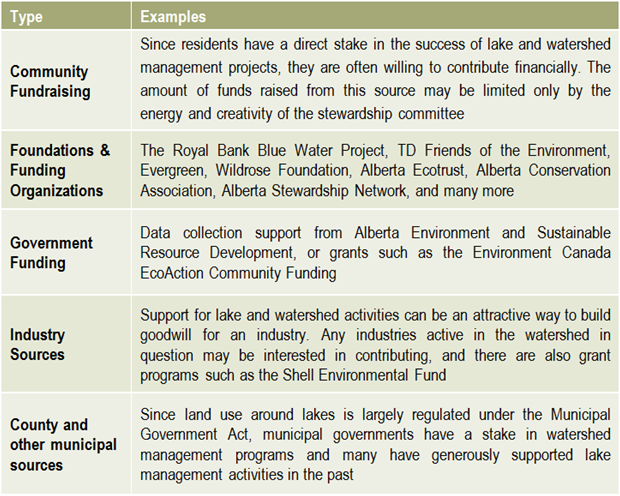 Once a plan has been approved by all affected sectors and officially endorsed and released by the steering committee, then implementation can begin in full. Action projects can be large and comprehensive, or made smaller by staging projects over time or into modules that can be tackled one at a time. Fundraising is an issue that many community groups may find intimidating, but experience with programs such as the Pine Lake Restoration Program (see
Once a plan has been approved by all affected sectors and officially endorsed and released by the steering committee, then implementation can begin in full. Action projects can be large and comprehensive, or made smaller by staging projects over time or into modules that can be tackled one at a time. Fundraising is an issue that many community groups may find intimidating, but experience with programs such as the Pine Lake Restoration Program (see 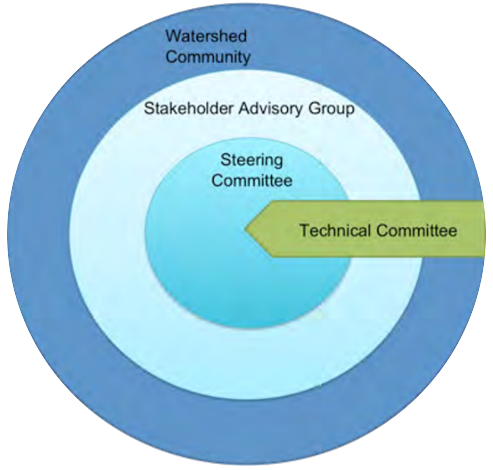 This graphic describes how the various committees and groups will work and interact together. The circle size depicts the approximate number of people involved, and the circles overlapping indicates that some individuals may reside in all of the circles and participate in multiple committees as part of the planning process. The technical committee is shown as an arrow, indicating that it is independent and has relatively few people, and yet it interacts with all of the groups. This graphic may look different depending on the lake and the people involved, and a detailed structure should be agreed upon and described in the plan’s Terms of Reference (Step 6).
This graphic describes how the various committees and groups will work and interact together. The circle size depicts the approximate number of people involved, and the circles overlapping indicates that some individuals may reside in all of the circles and participate in multiple committees as part of the planning process. The technical committee is shown as an arrow, indicating that it is independent and has relatively few people, and yet it interacts with all of the groups. This graphic may look different depending on the lake and the people involved, and a detailed structure should be agreed upon and described in the plan’s Terms of Reference (Step 6).
Recent Comments